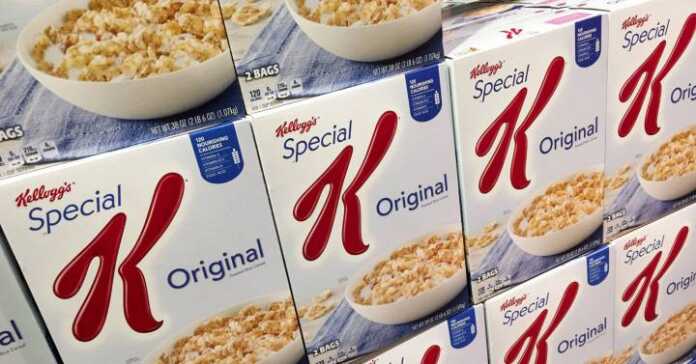Unhealthy food portfolios pose a clear financial risk
Sugar is the new carbon. Junk food marketing regulations in countries like Britain will make it difficult to promote and sell. For this reason, shareholders are pressing companies like Kraft Heinz, a Philadelphia manufacturer, to be more transparent about their sugar and salt footprints. However, a proper scrutiny will be bad news for the companies with the worst results.
Health is becoming the number one environmental, social and governance (ESG) concern for shareholders of consumer food companies. ShareAction, a lobbying group backed by investors such as Legal & General, wants Nestle, valued at $324 billion, Danone ($36 billion), Kraft Heinz ($47 billion), and Kellogg ($25 billion). dollars), give more information. It has already pressured Unilever, worth $118bn, to publish what proportion of its food portfolio is healthy, based on government-approved models.
Unhealthy food portfolios pose a clear financial risk. Countries like South Africa and Mexico begin to tax sugary drinks. Health warnings similar to those on tobacco in junk food, as well as marketing restrictions, are another threat. For example, from 2023, Britain will ban advertising for products high in fat, sugar and salt before 9pm. And consumers themselves are increasingly prioritizing healthier foods, which will allow companies to charge a premium.
Current statements from food groups are misleading at best. Nestlé, which makes Smarties and Nesquik cereals, says around 80% of its food and drink sales in 2019 came from products that meet its “Nutritional Base” criteria. But the Access to Nutrition Initiative, run by an independent non-profit organization, estimates that just 42% of Nestlé’s global revenue came from healthier products that year.
Standardization of reports poses problems. Companies will have to agree on which ingredients to prioritize. Cereals, for example, are packed with fiber, but they’re also often loaded with sugar. They could also argue that investors should look at how food is consumed, not just its content. High-fat mayonnaise, for example, eaten spread on a rye cracker, can be healthier than a slice of white bread. This month Kellogg lost an appeal against the UK government when a judge ruled against including milk when measuring the nutritional value of cereals.
So far, health does not guide company valuations. Danone, for example, has a higher proportion of healthy foods than Kellogg, Kraft Heinz or Nestlé, at 65% according to the Initiative. Access to Nutrition. It is valued at just 16 times future earnings, the second lowest multiple of those four companies. However, shareholders are likely to continue to push for clearer reporting and more ambitious targets. This will probably be a slap in the face for the valuation of the laggards.













